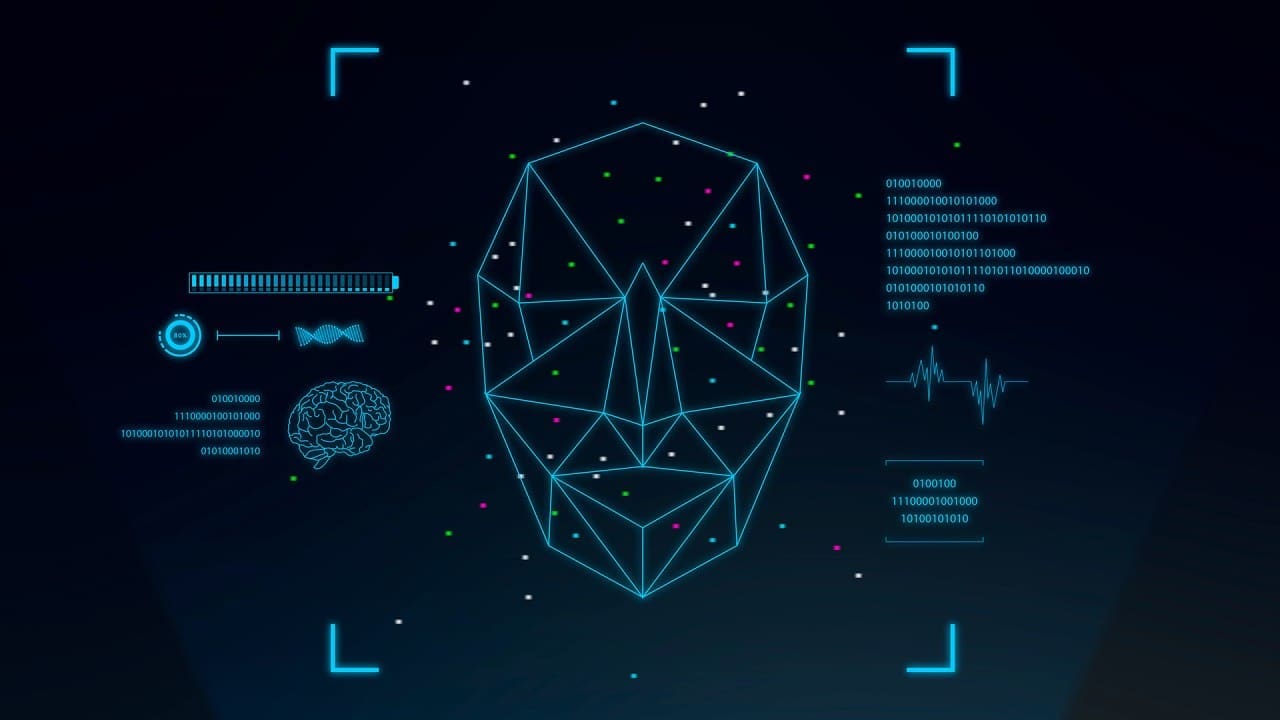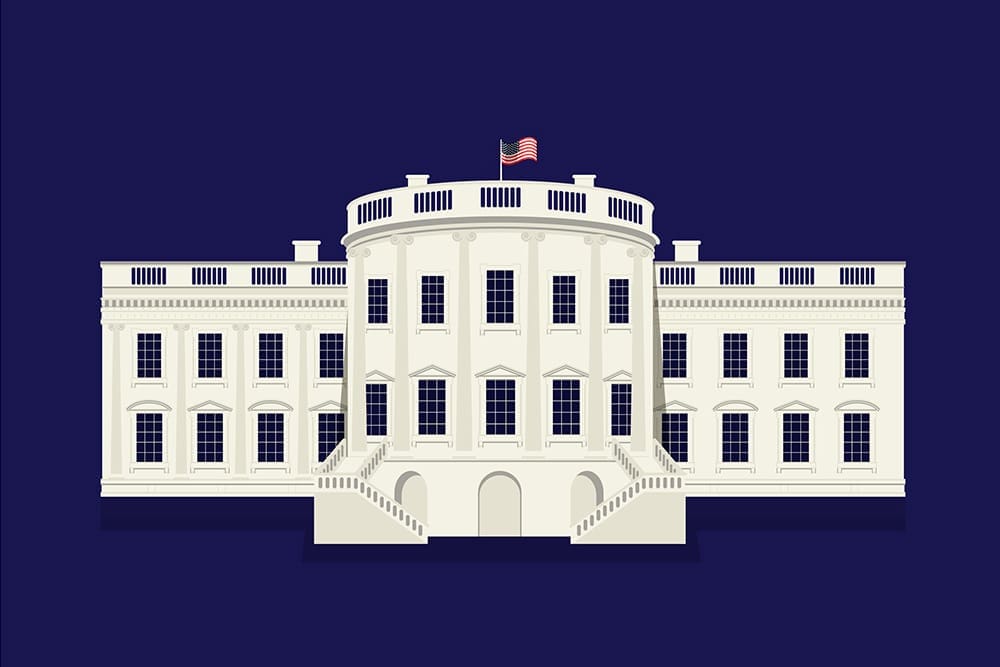Facial recognition technology has become an integral part of our daily lives, influencing various aspects of society. This cutting-edge technology leverages artificial intelligence to identify and authenticate individuals based on their facial features. In this article, we will delve into the definition of facial recognition, its diverse applications, the reasons for its widespread adoption, and the ethical considerations surrounding its use.
What is Facial Recognition?
Facial recognition is a bio-metric technology that involves the automated identification or verification of individuals by analyzing and comparing their facial features. This process typically utilizes computer algorithms to map and analyze key facial characteristics, such as the distance between the eyes, nose, and mouth, to create a unique facial signature for each person. This signature is then compared with a database of known faces to make accurate identifications.
How is Facial Recognition Being Used?
Facial recognition technology has found a myriad of applications across various industries:
Security and Surveillance
Law enforcement agencies use facial recognition to identify and track individuals in crowded places or during investigations.
Airports and border control employ facial recognition for enhanced security and streamlined passenger processing.
Authentication and Access Control
Smartphones, laptops, and other devices use facial recognition for user authentication and unlocking.
Access control systems in offices and secure facilities implement facial recognition for identity verification.
Marketing and Retail
Retailers use facial recognition to analyze customer demographics and behaviors, enabling targeted advertising and personalized shopping experiences.
Healthcare
Facial recognition is utilized in healthcare for patient identification and security in hospitals and clinics.
Education
Educational institutions may employ facial recognition for attendance tracking and campus security.
Why Use Facial Recognition?
The widespread adoption of facial recognition technology can be attributed to several key advantages:
Efficiency
Facial recognition systems offer fast and non-intrusive identification, reducing the time and effort required for authentication processes.
Security Enhancement
Improved security measures in various sectors, such as law enforcement, border control, and access control, contribute to public safety.
Convenience
The convenience of facial recognition in unlocking devices or accessing secure areas has made it popular among consumers.
Automation
Automated processes, such as attendance tracking and identity verification, are streamlined with facial recognition, saving time and resources.
How Ethical is the Use of Facial Recognition?
The ethical considerations surrounding facial recognition have sparked debates and concerns:
Privacy Concerns:
Facial recognition raises significant privacy issues, as individuals may be identified and tracked without their knowledge or consent.
Bias and Inaccuracy:
Studies have shown that facial recognition systems may exhibit bias and inaccuracies, especially when applied to diverse populations, potentially leading to discriminatory outcomes.
Surveillance Risks:
The use of facial recognition in public spaces raises concerns about mass surveillance, infringing on the right to anonymity and freedom of movement.
Lack of Regulation:
The rapid deployment of facial recognition has outpaced the development of comprehensive regulations, leading to a lack of standards and oversight.
The chirp…
Facial recognition technology, with its wide-ranging applications, presents both opportunities and challenges for society. While it enhances efficiency and security in various sectors, ethical concerns related to privacy, bias, and surveillance must be carefully addressed. Striking a balance between technological innovation and ethical considerations is crucial to ensuring the responsible and transparent use of facial recognition in the future.




